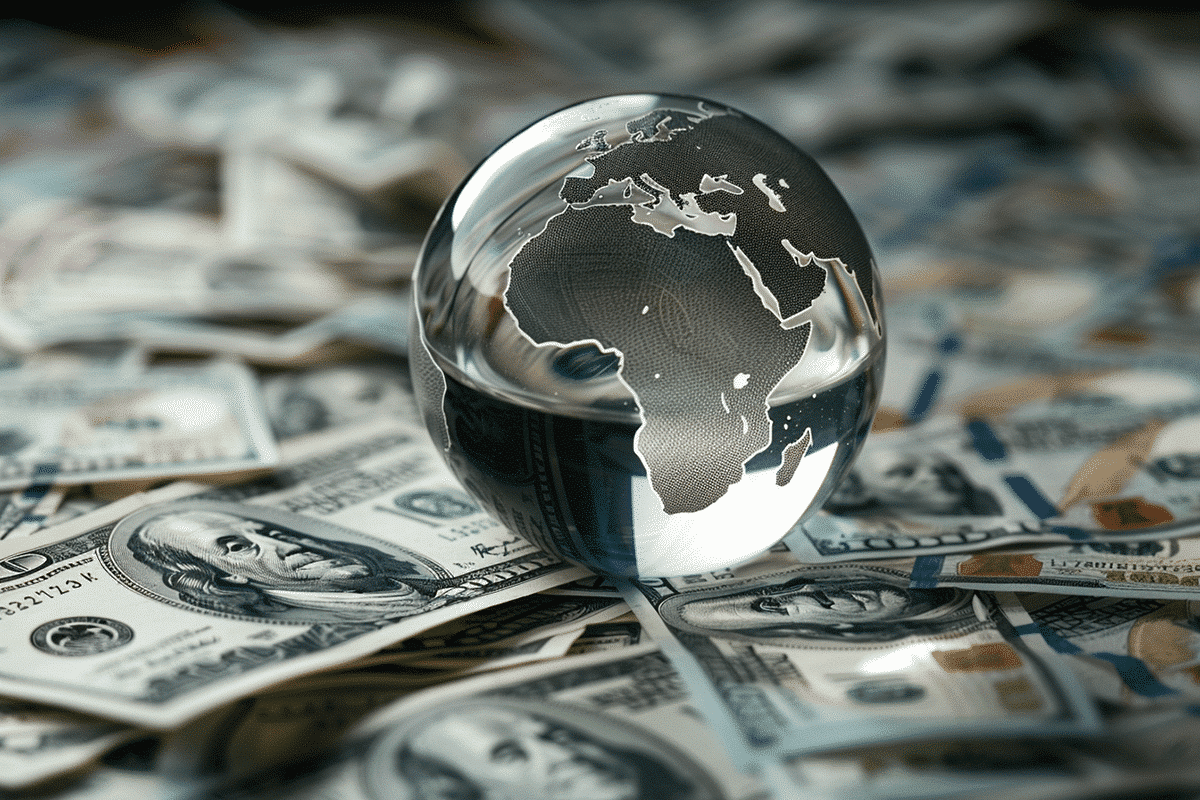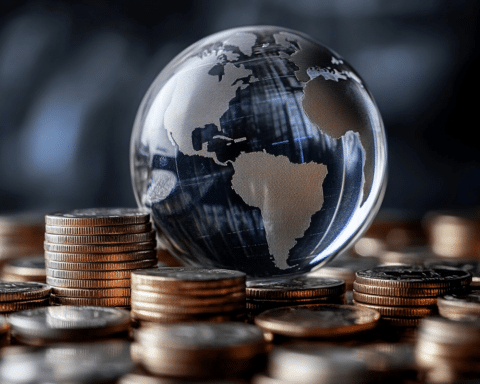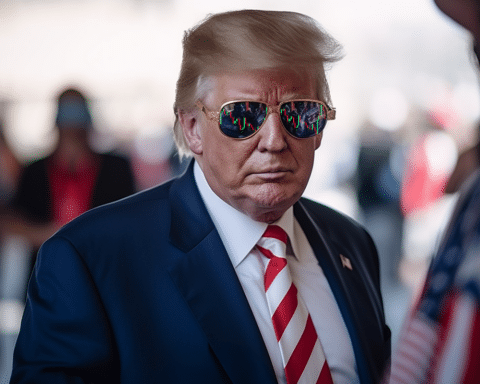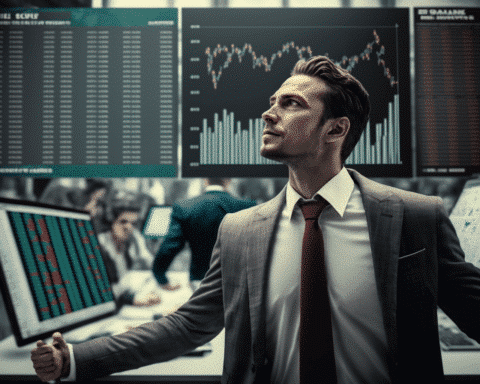Amidst discussions of a potential soft landing for the global economy, experts warn of numerous dark scenarios that could disrupt stability on a global scale.
Despite initial optimism surrounding falling interest rates and rising asset prices, concerns linger regarding the resilience of the global economy. Notably, economists caution against premature celebrations, highlighting significant threats to liberal democracy, capitalism, and the environment.
Kristalina Georgieva, Managing Director of the IMF, remains cautiously optimistic about the future. However, she acknowledges the possibility of varying outcomes, ranging from substantial increases in living standards to more modest growth trajectories.
Inflation remains a persistent concern, with fears that central banks may delay rate cuts, potentially triggering stock market sell-offs. Recent indicators in the United States suggest a reluctance by the Federal Reserve to cut rates amidst stubborn inflation figures, sparking concern among investors.
China, a key player in the global economy, faces its own set of challenges, particularly regarding its property market. Signs of strain have emerged, with falling property prices and struggling developers raising questions about China’s growth prospects and its impact on global trade dynamics.
Geopolitical tensions further complicate the global economic landscape. The ongoing conflict in Ukraine, coupled with strained relations between major powers, adds to the uncertainty surrounding international cooperation and stability.
However, the most pressing threat to the global economy remains the climate emergency. Experts warn that current economic models, reliant on long supply chains and unsustainable practices, are increasingly untenable in the face of ecological consequences.
James Meadway, an economist, highlights the need for a fundamental shift away from exploitative practices toward sustainable solutions. The global economy is at a crossroads, with the looming risk of a hard landing if meaningful action is not taken to address climate change.
Despite the challenges, there is room for optimism. Georgieva envisions a 21st-century multilateralism characterized by renewed cooperation and progress in tackling borderless issues like global heating. She suggests that transformative policies, akin to those implemented after World War II, could pave the way for a more inclusive and sustainable global economy.
Ultimately, the future of the global economy hangs in the balance, with uncertainties abound. While there is hope for a brighter tomorrow characterized by cooperation and sustainability, the road ahead remains fraught with challenges that must be addressed collectively to ensure a prosperous and stable future for all.




